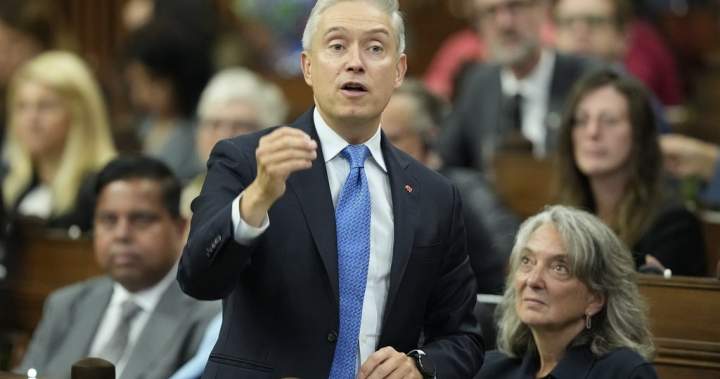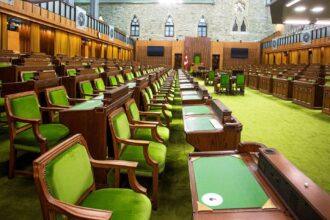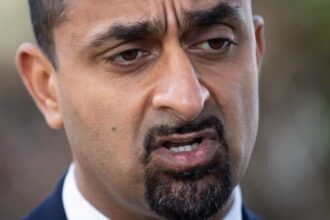In an era of geopolitical uncertainty, Canada is positioning itself as a stabilizing force in the global energy and critical minerals landscape. Federal Industry Minister François-Philippe Champagne’s recent diplomatic tour across Europe has yielded promising developments for Canadian exports, potentially reshaping transatlantic economic partnerships for decades to come.
European nations, increasingly wary of energy dependence on adversarial states, are turning to Canada with renewed interest. During his meetings with counterparts in Germany, France, and Italy, Champagne encountered what he described as an “extraordinary appetite” for Canadian resources—particularly in sectors deemed vital for energy security and technological advancement.
“The shift is palpable,” Champagne told reporters following high-level discussions in Berlin. “European leaders recognize Canada not just as a resource provider, but as a strategic partner that shares fundamental values of democracy and sustainability.”
This diplomatic initiative follows closely on the heels of Prime Minister Justin Trudeau’s June announcement of a $4.6 billion investment package aimed at bolstering Canada’s critical minerals sector. The funding represents a concrete step toward establishing Canada as a cornerstone supplier in the global clean energy supply chain, with particular focus on critical minerals needed for electric vehicle batteries and renewable energy infrastructure.
Analysts note that Russia’s invasion of Ukraine has fundamentally altered Europe’s approach to energy security. Nations that once maintained extensive trade relationships with Moscow have been forced to diversify their supply chains rapidly, creating what industry experts call a “once-in-a-generation opportunity” for Canadian exporters.
“The ongoing energy transformation isn’t just about environmental goals anymore,” said Dr. Elena Mikhailova, senior fellow at the Institute for Canadian Politics and Global Affairs. “It’s now equally about national security and strategic autonomy. Canada offers both clean energy solutions and geopolitical reliability.”
The federal government’s minerals strategy has identified 31 minerals as critical to Canada’s economic prosperity, with lithium, cobalt, and rare earth elements attracting particular attention from European manufacturers. These resources form the backbone of modern technologies, from smartphones to fighter jets, and their secure supply has become a matter of national security for many Western democracies.
Industry stakeholders have responded positively to Champagne’s European tour. The Mining Association of Canada highlighted the potential for increased investment in remote mining operations, while environmental groups cautiously welcomed the focus on sustainability standards that exceed those of competing suppliers like China.
“We’re seeing the contours of a new industrial policy taking shape,” remarked Thomas Bergeron, chief economist at the Montreal Economic Institute. “The question is whether Canada can move quickly enough to capitalize on this moment before other suppliers step in.”
Challenges remain, however. Regulatory hurdles and infrastructure limitations continue to impede rapid development of new mining operations, particularly in Canada’s north. Indigenous communities have also emphasized the need for meaningful consultation and partnership in resource development projects that affect their traditional territories.
The European Union has signaled its seriousness about reducing dependency on Chinese critical minerals by introducing the Critical Raw Materials Act earlier this year, which aims to secure sustainable access to essential resources. Canada’s reputation for environmental and labor standards positions it favorably as Europeans seek alternatives to existing supply chains.
“This represents more than just economic opportunity,” Champagne emphasized. “It’s about cementing alliances based on shared values and mutual interests in an increasingly fractured global landscape.”
As the world navigates the complex transition to cleaner energy systems amid shifting geopolitical realities, the strengthening ties between Canada and Europe may prove decisive. The question that remains is whether these diplomatic achievements can translate into lasting economic partnerships that benefit communities on both sides of the Atlantic while advancing global climate objectives.










